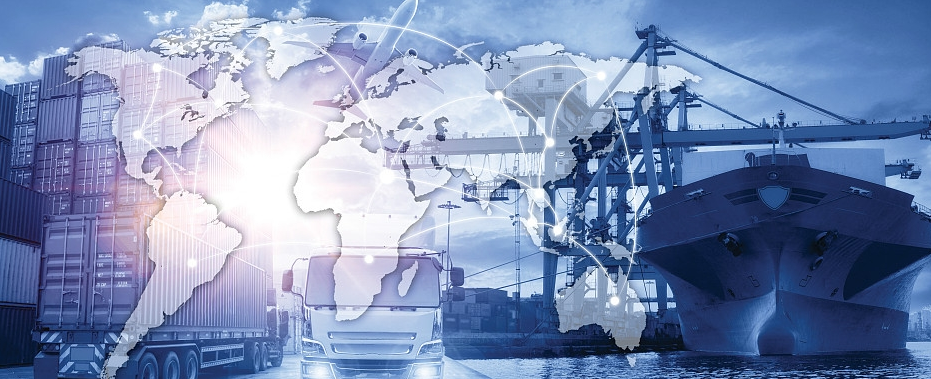The emergence of global new trade protectionism

On January 17th, Aditya Matu, Chief Economist of the World Bank for East Asia and the Pacific, gave a speech at the Beijing headquarters of the Globalization Think Tank (CCG), stating that while globalization brings opportunities, it is also accompanied by uneven economic growth rates between countries and uneven distribution of domestic wealth; Countries recognize the potential risks of excessive reliance on the global market, and competition in trade share among different countries has driven the evolution of policy orientation. These factors interact with each other, jointly giving rise to the rise of new trade protectionism.
Artemia Matu said that international trade causes imbalances in global development. Although some countries can achieve domestic economic growth as a result, there are still some countries that cannot obtain equal growth opportunities from international trade. Nowadays, there is a voice internationally that believes that trade brings risks. In the face of natural and man-made disasters, trade interruptions have caused shortages of some essential goods, making the economy even more fragile. In this context, countries that can exert more influence on international trade will become increasingly powerful as a result. The relationship between countries will also become increasingly tense as a result.
AdiThea Matu believed that the development of international trade has exacerbated inequality between developed and developing countries. The gap between countries is gradually widening. More and more capital flows into relatively affluent regions through trade, making people there richer. Unlike this, people in impoverished areas still gain nothing. In addition, some governments actively reduce taxes for the rich, but increase taxes for the poor. And this also makes it more difficult to achieve compensation for the injured through taxation of beneficiaries in the process of globalization. The failure of domestic redistribution has also led to these countries using trade barriers as an imperfect means of social protection, and their willingness to use them is becoming increasingly strong.
AdiThea Matu pointed out that countries have adopted trade restriction measures, which include trade diversion, trade politicization, indirect trade, and inhibition of innovation, making the global trade environment more uncertain. Trading market access through regulatory commitments from exporting countries may be a new path to expanding international trade cooperation. He emphasized that China has been continuously opening up its market, committed to international cooperation, and actively assuming its responsibility as an international power. Through these efforts, China can not only promote its own trade development, but also contribute to the stability and prosperity of the global economy.
AdiThea Matu believes that although the world economy is facing downward pressure, a slowdown in growth is a necessary cost to combat inflation. Currently, inflation has been well controlled, and a large-scale recession will not continue. Global economic factors such as employment and markets are recovering. The economic downturn has brought about the rise of protectionism, and the global economy is further facing the risk of fragmentation. In order to maintain trade order and promote world trade prosperity, extensive cooperation beyond trade fields and borders is needed, especially under the WTO and climate framework, which is crucial. In terms of trade, China has achieved significant technological achievements, which can benefit the world in many fields and also benefit its own development by obtaining resources from the world. Trade agreements can both unite like-minded countries and promote countries with different goals to come together.
